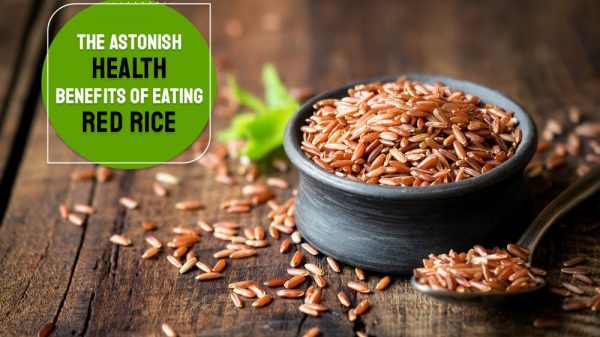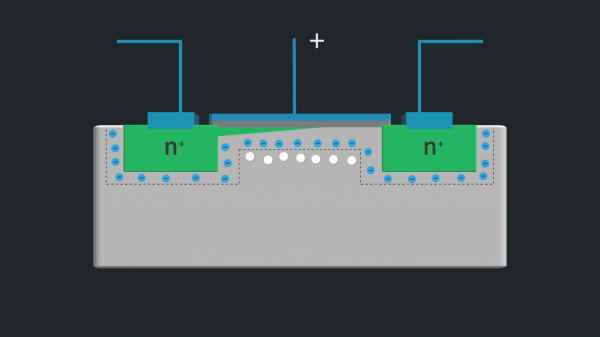Detoxification, commonly known as detox, is the initial step in overcoming substance dependence. It involves the process of clearing toxins from the body, typically associated with drug and alcohol use. As someone considering detox, or supporting a loved one through it, understanding the difference between medical and natural detox is crucial. This article aims to provide an insightful comparison, guiding you towards an informed decision.
Introduction to Detoxification
Detoxification is more than just abstaining from substance use; it’s a medically supervised process designed to manage withdrawal symptoms safely and effectively. The method of detox depends on several factors including the type of substance used, duration of addiction, and the individual’s overall health.
Medical Detox: A Closer Look
Medical detox is a process overseen by healthcare professionals. It typically takes place in a clinical setting like a hospital or a specialized facility. This method often involves medication to ease withdrawal symptoms and medical supervision to address any complications.
Pros of Medical Detox
- Safety: Supervision by medical professionals ensures that the detox process is safe, especially for substances with potentially dangerous withdrawal symptoms.
- Medication Assistance: Medications can alleviate withdrawal symptoms, making the detox process more bearable.
- Support for Co-occurring Disorders: Medical detox often addresses co-occurring mental health conditions alongside addiction treatment.
Cons of Medical Detox
- Cost: Medical detox can be expensive, particularly if insurance does not cover it.
- Clinical Environment: Some individuals might find the hospital-like setting less comforting.
Natural Detox: An Alternative Approach
Natural detox, also known as holistic detox, involves methods like diet, exercise, and alternative therapies. It emphasizes healing the whole person – body, mind, and spirit – and typically takes place in more relaxed settings.
Pros of Natural Detox
- Holistic Healing: Focuses on overall well-being, not just the physical aspect of detox.
- Environment: Often takes place in more comforting, less clinical settings.
- Cost-Effective: Generally less expensive than medical detox.
Cons of Natural Detox
- Risk of Complications: Without medical supervision, there is a higher risk for complications, especially for severe addictions.
- Lack of Medication Support: Managing withdrawal symptoms might be more challenging without medication.
Making the Right Choice
Choosing the right detox method depends on individual circumstances. For those with a long history of addiction or those using substances with severe withdrawal symptoms, medical detox might be the safer option. On the other hand, individuals with a milder addiction might find natural detox more appealing.
No matter the method, it’s essential to transition into a comprehensive treatment program post-detox for the best chance at long-term recovery. Facilities specializing in drug & alcohol rehab offer programs that continue the recovery journey, focusing on both physical health and mental wellness.
Conclusion
Detox is a critical step in the journey towards recovery. Whether you choose medical or natural detox, the goal is to cleanse the body in a safe, supportive environment. Remember, detox is just the beginning. Continuous support and treatment are key to a successful recovery.
Choosing the right path in detoxification is a personal journey, and it’s important to consider all factors, including safety, severity of addiction, and personal preferences. Consulting with healthcare professionals can provide valuable guidance in making this crucial decision. Remember, the road to recovery is a journey, not a destination, and every step forward is a step towards a healthier, substance-free life.
















































You must be logged in to post a comment Login